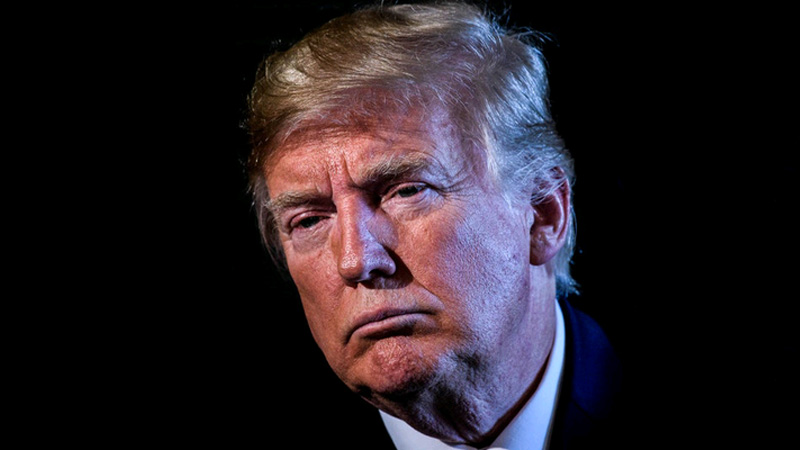MAGA’s Big Surprise: Whistleblower Uncovers Trump’s Strange Disappearance Since GOP Convention

Photo: Brendan Smialowski/Getty Images
On Friday morning, MSNBC “Morning Joe” regular John Heilemann cast doubt on Donald Trump’s ability to sustain a vigorous presidential campaign against Vice President Kamala Harris.
Heilemann’s comments highlighted a concerning pattern: Trump’s noticeable absence from the public stage following the Republican National Convention, a period traditionally marked by a surge in campaign activity.
According to a report by Daily Beast on Friday, August 9, 2024, Heilemann observed that post-convention periods are typically characterized by a candidate’s increased visibility and engagement.
After such high-profile events, where the party officially endorses its candidate, there is an expectation for the candidate to hit the campaign trail aggressively to capitalize on the momentum and maintain public enthusiasm. However, Trump has diverged from this norm, choosing instead to remain largely out of the public eye.According to Heilemann, Trump has only conducted three rallies over the past three weeks, a stark contrast to the usual post-convention hustle.
Instead of actively engaging with voters across the country, Trump has spent much of his time at Mar-a-Lago, his private residence in Florida.
During this period, he has limited his public appearances to a few phone interviews and has primarily communicated through his Truth Social platform, where he frequently posts his comments and grievances.
Heilemann’s analysis raises questions about Trump’s physical readiness and strategic approach to the campaign. Given Trump’s well-documented preference for being at the center of attention, his recent behavior might suggest either a strategic retreat or potential physical and mental exhaustion.
The lack of extensive public appearances could be a sign of trouble, particularly when considering the high-energy demands of a national campaign against a formidable opponent like Kamala Harris. The implications of Trump’s reduced public engagement are significant. If his physical stamina and campaign strategy are in question, it could affect his ability to mobilize support and effectively challenge Harris.
The enthusiasm and momentum typically generated by vigorous campaigning are crucial for maintaining voter interest and support, and Trump’s current approach might hinder his ability to capitalize on his base and expand his appeal.
Heilemann’s comments suggest that Trump’s subdued post-convention activities could pose challenges for his campaign, casting doubt on his readiness for the intense demands of a high-stakes presidential race.
As the campaign progresses, Trump’s ability to rally support and sustain energy will be critical factors in determining his electoral prospects.





